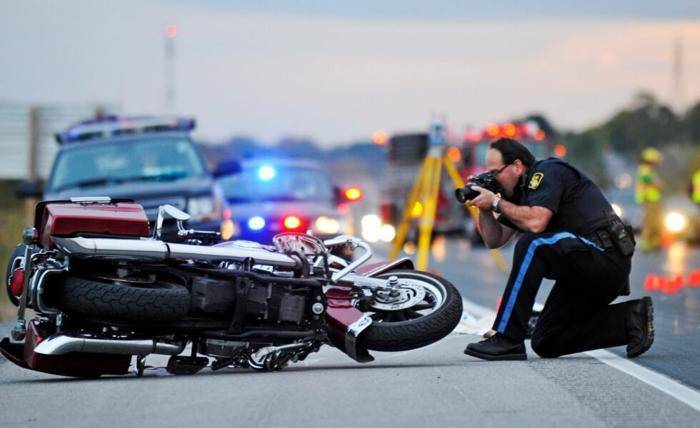Riding a motorcycle in Wisconsin offers a unique freedom that many cherish. However, it’s crucial to understand your legal rights to stay safe. Every rider should know these basics to protect themselves and others. You must wear a helmet if you’re under 18 or on an instructional permit. For others, while it isn’t mandatory, wearing a helmet reduces the risk of serious injury. Knowing your rights protects you on the road. If a mishap occurs, understanding legal options is vital. After an accident, immediate medical attention is crucial. Keep detailed records of the incident and your injuries. Being knowledgeable about insurance coverage helps when dealing with claims. In Wisconsin, specific laws protect motorcyclists from unfair treatment. Familiarize yourself with these protections to ensure fair treatment. For any legal issues, consulting motorcycle accident lawyers in Wisconsin can guide you through the process. Stay informed. Ride safely and responsibly.
Helmet Laws and Safety Gear
Helmet laws in Wisconsin are straightforward for specific riders. Those under 18 or anyone with an instructional permit must wear helmets. While not legally required for others, a helmet can prevent severe injuries. Proper gear includes jackets, gloves, and boots to protect against weather and impact. Wearing reflective gear increases visibility, especially in low light.
Understanding Road Laws
Being aware of road laws keeps you safe. All motorcycles must have at least one working headlight. Use turn signals when changing lanes to communicate with other drivers. Stay in your lane and avoid weaving. Obey speed limits and adjust speed according to road conditions.
Insurance Requirements
Insurance is a crucial aspect of motorcycle safety. Wisconsin law requires motorcyclists to have liability insurance. This coverage protects you if you’re responsible for an accident. Consider comprehensive coverage, which includes theft, vandalism, and non-collision damage. Check your insurance policy for specific terms.
Common Causes of Motorcycle Accidents
Understanding common accident causes helps in prevention. Many accidents occur due to distracted driving. Stay alert and avoid using mobile devices. Alcohol impairment is another significant factor. Never ride under the influence. Road conditions, such as loose gravel and wet surfaces, can also lead to accidents. Always ride cautiously in adverse weather.
What to Do After an Accident
If you’re in an accident, follow these steps. First, get medical help immediately, even if injuries seem minor. Then, call the police and file a report. Document the scene with photos and notes. Exchange information with other parties involved. Contact your insurance company promptly to start the claims process.
Legal Guidance and Resources
Having legal support ensures your rights are protected. If you’re involved in an accident, consulting with legal experts can help you navigate the aftermath. The Wisconsin Department of Transportation offers resources and information on safety programs. Additionally, learning about your legal rights helps you make informed decisions.
Data on Motorcycle Accidents in Wisconsin
Below is a table summarizing key data on motorcycle accidents in Wisconsin:
| Year | Total Accidents | Fatalities | Injuries |
|---|---|---|---|
| 2020 | 2,104 | 112 | 1,887 |
| 2021 | 2,238 | 120 | 1,975 |
Enhancing Motorcycle Safety
Improving safety is an ongoing effort. Take motorcycle safety courses to enhance skills. Many courses are offered throughout the state, focusing on defensive driving techniques. Regularly maintain your motorcycle to ensure it operates smoothly and safely. Simple checks on tires, brakes, and lights are essential.
Conclusion
Staying informed about motorcycle safety and legal rights is crucial. By understanding helmet laws, road rules, insurance requirements, and accident procedures, you protect yourself and others. Legal guidance remains an invaluable resource in case of accidents. Stay prepared, ride safely, and enjoy the open roads of Wisconsin.

